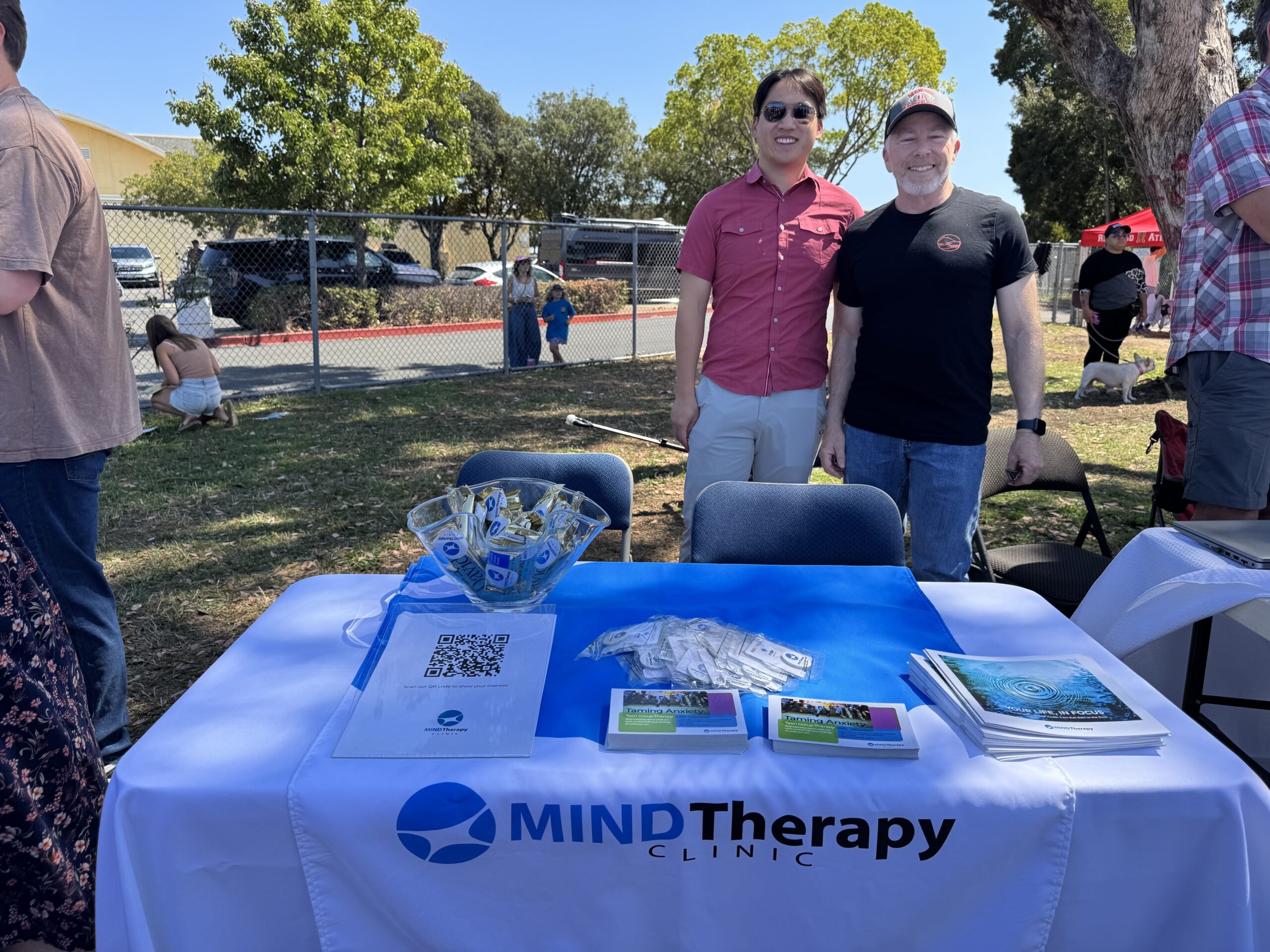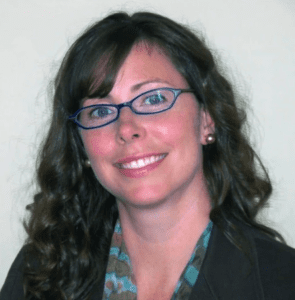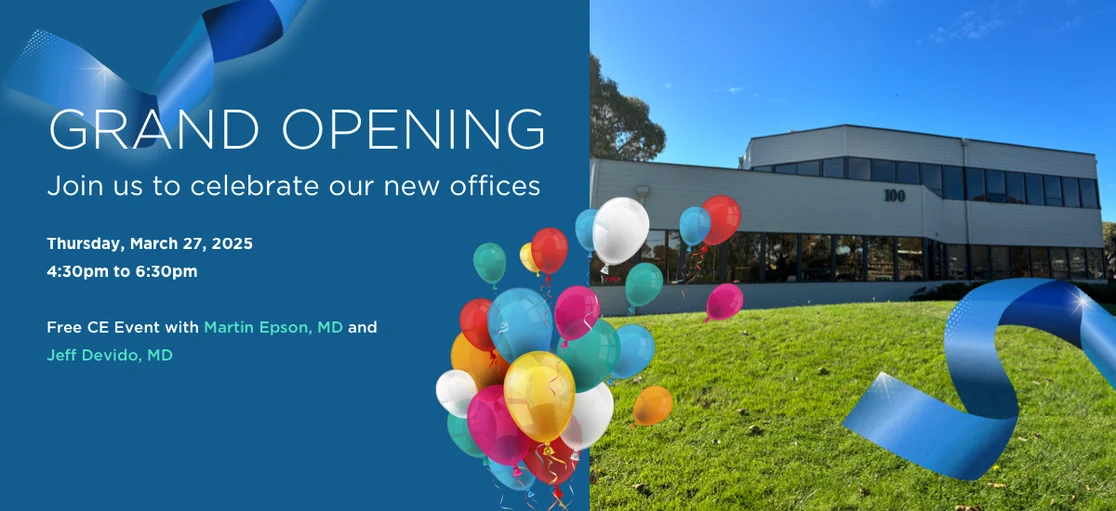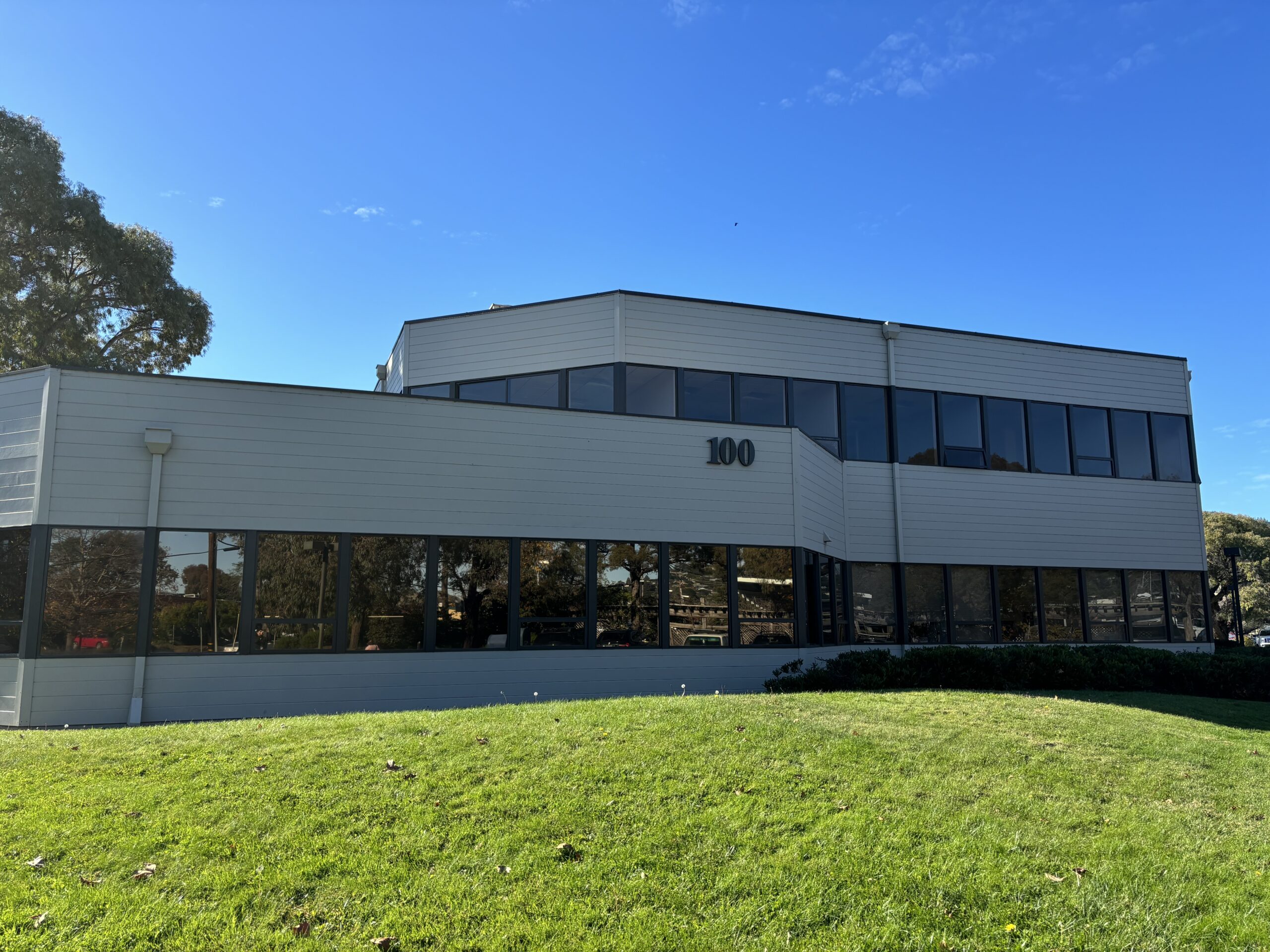When faced with painful memories or overwhelming emotions, many people try to push them away. This response is called avoidance, and it’s one of the most common—and understandable—reactions to trauma.
In our recent webinar, When Trauma Recovery Stalls: What’s Next?, Dr. Kelly Callahan and Dr. Sarah Dropman explained why and how avoidance shows up, and what therapists and clients can do to gently move past it.
Avoidance Is a Survival Strategy
Avoidance isn’t laziness, denial, or lack of commitment—it’s the nervous system’s way of protecting us from pain. Compassionately bringing awareness to its functionality is key when addressing avoidance.
After trauma, people may avoid people, places, things, or internal experiences that are trauma reminders. In the short term, avoidance can bring relief. But in the long run, it often keeps people stuck—preventing the very healing they’re hoping for.
How Avoidance Shows Up in Therapy
Avoidance can appear in many forms, such as:
- Postponing trauma work. Skipping sessions or changing the subject when trauma becomes a part of the conversation.
- Using strategies to numb. This may look like using substances or coping with suicidal thoughts, but could also present as dissociation, intellectualization or panic.
These are not signs of failure. They are signs of a nervous system working hard to stay safe.
Working Through Avoidance Safely
It is vital to approach avoidance in trauma work with compassion. Therapists can help clients address and manage avoidance by:
- Destigmatizing it. Using trauma-informed psychoeducation to help clients understand avoidance as a behavior with a function.
- Naming it. Thoughtfully identifying avoidance to take the first step toward shifting it.
- Praising generously. Validating a client when they approach instead of avoid.
- Self-reflection. As a therapist, recognizing avoidance in yourself and reflecting on the ways you can approach as well.
Moving Toward Healing
Avoidance is part of trauma recovery. With the right support, clients can move gently from avoidance into engagement—opening the door to deeper healing.
At Mind Therapy Clinic, our clinicians are experienced in recognizing and working through avoidance, helping clients feel safe enough to face what they’ve been carrying.











